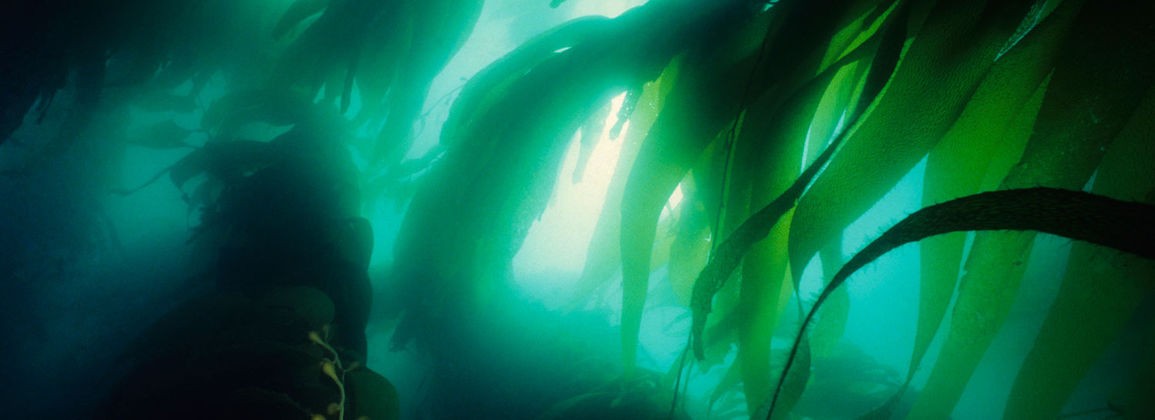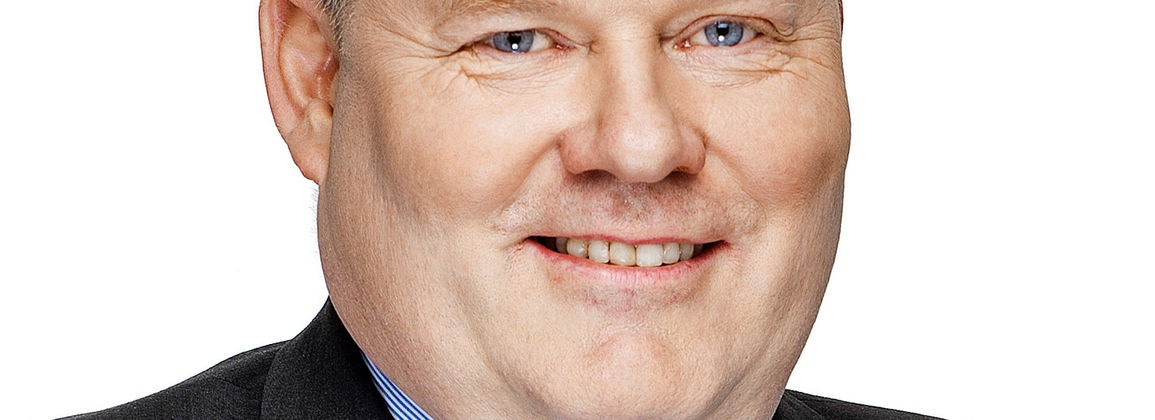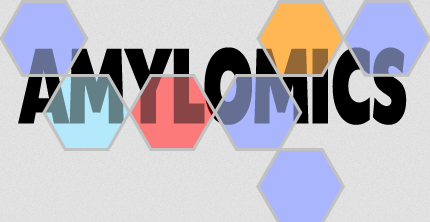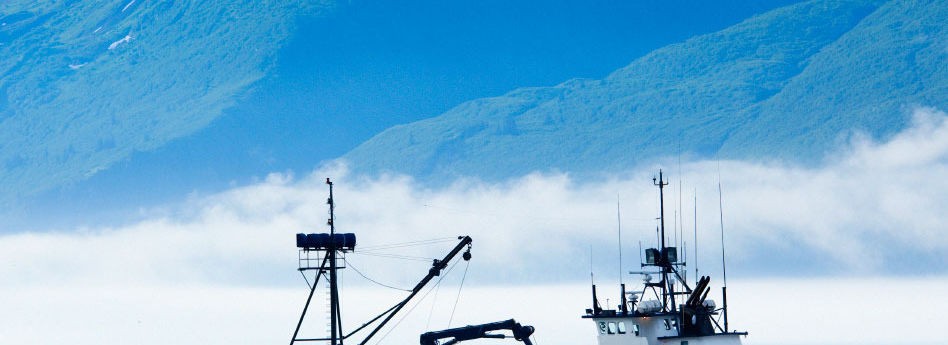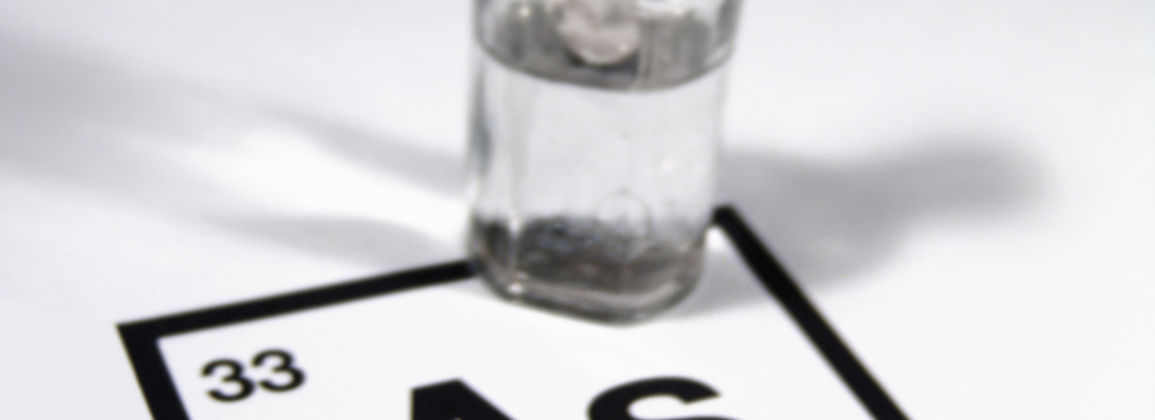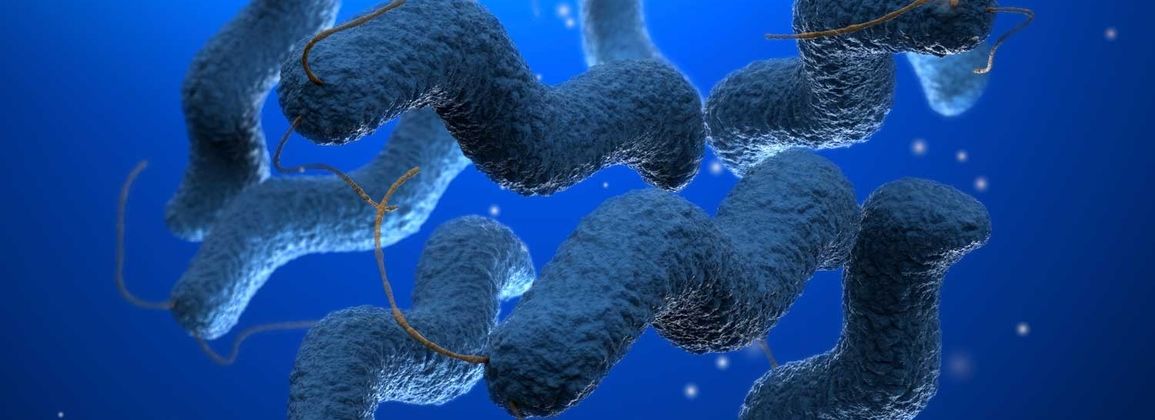Iceland in an incredible position in terms of biotechnology and biomaterials
Sérstaða Íslands þegar kemur að líftækni og lífefnum er fjölbreytileiki náttúrunnar og sérkenni landsins, því hefur einnig verið lögð áhersla […]
Iceland in an incredible position in terms of biotechnology and biomaterials Nánar »
